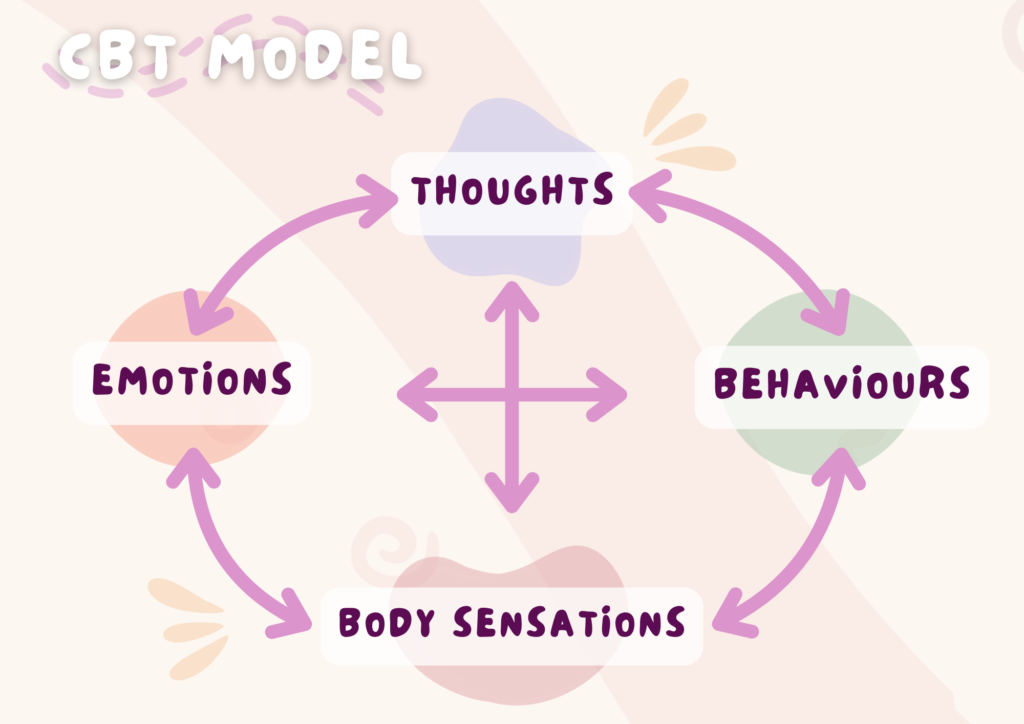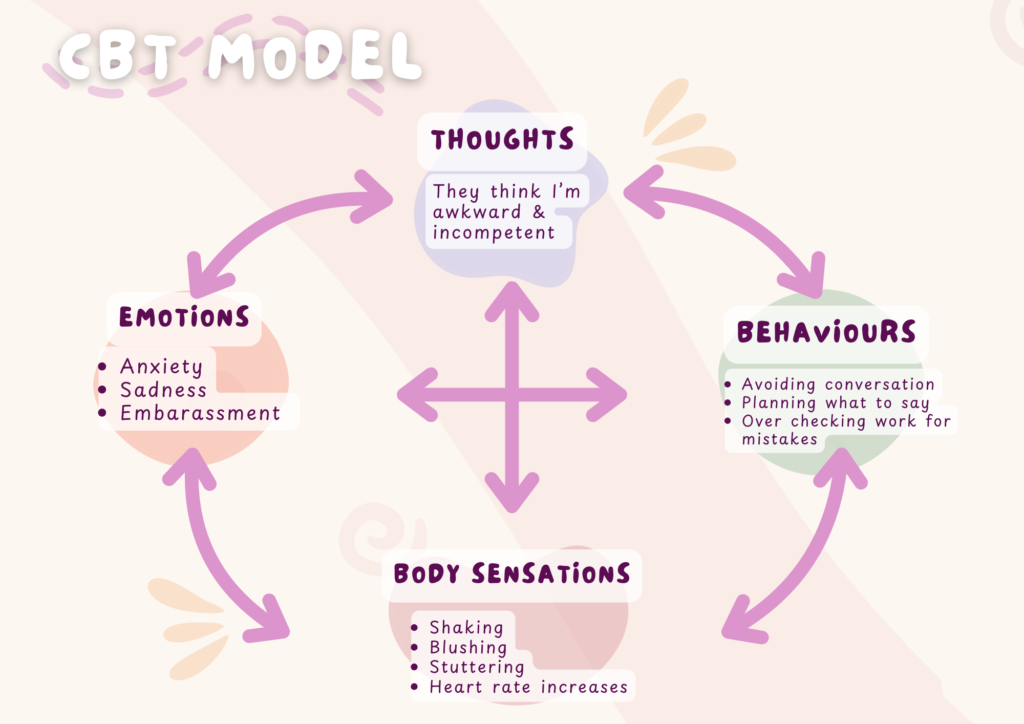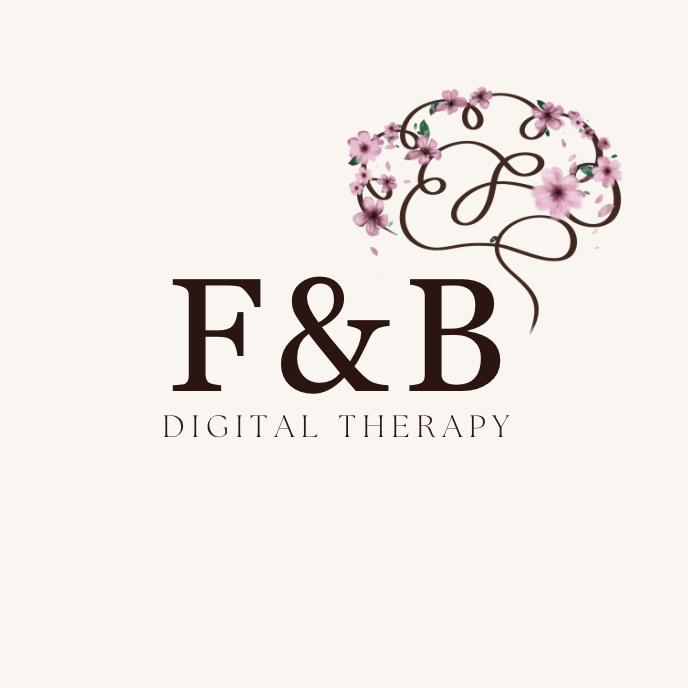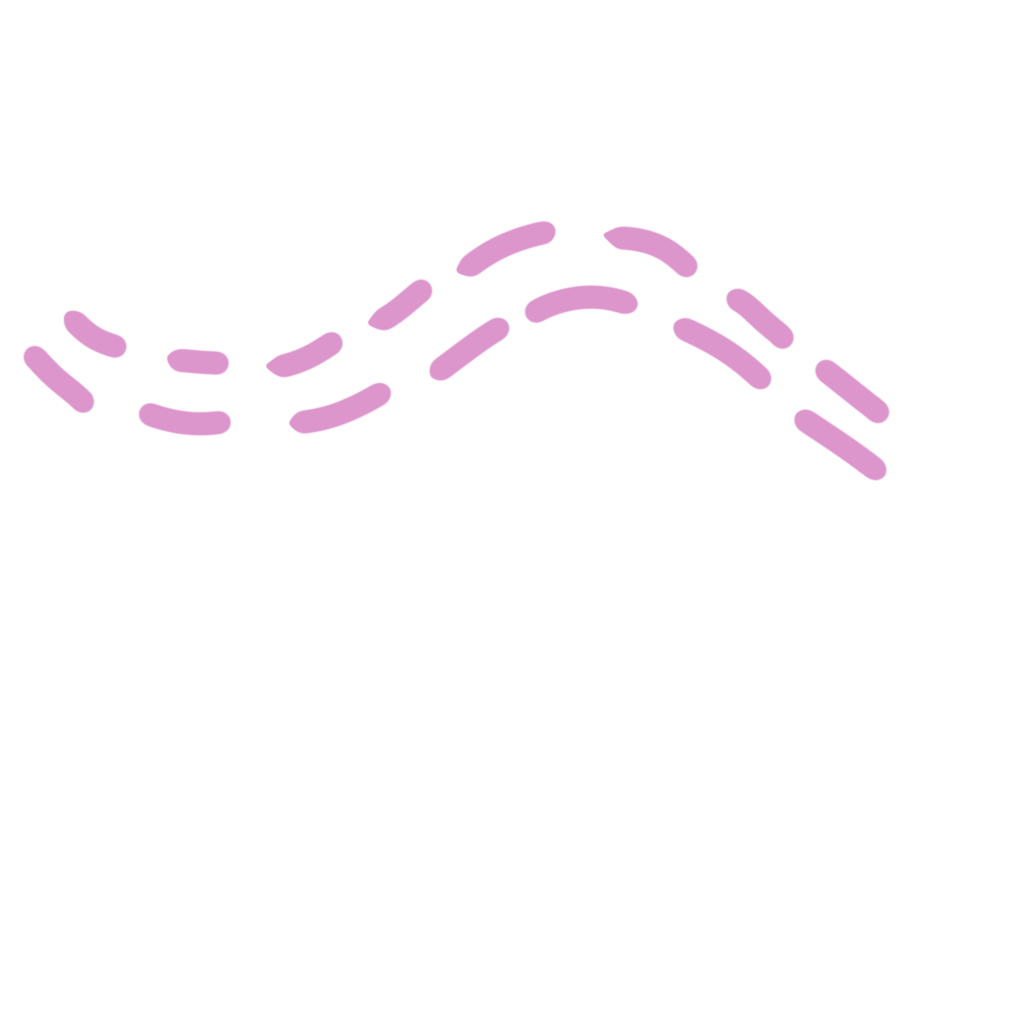Neuro-affirming therapy understands that everybody is different.
Alongside being neurodivergent ourselves, we embrace the beauty of neurodiversity in our sessions. With neuro-affirming therapy, we strive to meet specific preferences and ways of working where we can.
Thats why we offer therapy in a range of different ways to suit you.
We can deliver this through instant messaging (text therapy), telephone call or zoom.
Not sure which approach is best? Find out if text therapy is the right choice for you here. Please get in touch and we can discuss meeting your preferences.
What is cbt
Cognitive Behavioural Therapy (CBT) is a type of talking therapy for anxiety and depression. It works by understanding how a problem has developed, i.e where it came from, and then looks at how it is maintained in the day-to-day, examining your thoughts, feelings and behaviours in different situations.
Lets use an example…

Emily has been feeling anxious and stuck for a while when she starts neuro-affirming therapy.
She works with her therapist to figure out when she feels this the most – at work, in social situations, and in unfamiliar places. Together, they break down an example of how her anxiety plays out at work.

Emily realises she’s caught in a cycle
by mapping out her thoughts, emotions, physical sensations, and behaviours…
The problem
She worries her colleagues think she’s awkward and incompetent, so she avoids conversations.
Consequence
But by avoiding them, she never gets the chance to see if her fear is actually true.
Vicious cycle
She also never gets to build any real connections—so the belief that she’s “weird” or “not good enough” stays firmly in place.
Development
CBT helps her zoom out further. Looking back, she sees a pattern: She was often called ‘shy’ in school & struggled with group work. She felt she wasn’t trying hard enough when she really just learned differently.
Over time, this reinforced a deep-rooted belief: ‘I’m different in a bad way.‘
This belief still shapes how she sees herself today, but now that she’s aware of it, she can start challenging it.
In therapy, she works on gradually stepping out of avoidance, building confidence, and rewriting the old stories she’s been carrying for years.
What to expect
The aim of CBT is to improve awareness, coping skills and reduce symptoms.


CBT is not something that is done to someone, but more a collaborative therapy. You will work together with your therapist towards agreed goals.

It therefore requires your equal participation and commitment to practice tools and techniques outside of your sessions. Without this commitment, you may not see the changes you’re hoping for.
In cbt you will…
01
Understand
Learn about and understand your problem.
Increase self-awareness.
02
Build skills
Break vicious cycles.
Learn techniques and tools.
03
Make change
Practice techniques at home.
Be challenged.
Re-train your brain and body.
Examples of what you might do:
- Be asked questions about your current problems & your past.
- Look at specific development and maintenance models, applying or adapting these to your individual circumstances.
- Learning more about your struggles through psycho-education.
- A range of thought challenging tasks or discussions.
- Exposure planned in a gradual and manageable way.
- Problem solving.
- Activity scheduling.
- Experiments to test negative beliefs.
- Completing journals and diaries.
- Mindfulness/relaxation.
- Discovering and changing negative core beliefs.
- Processing and updating traumatic memories.
Is CBT Right for you?
All therapies have slightly different approaches, which means not every therapy will be the best fit for you, and that’s okay.
Generally, you’ll find CBT helpful if
- You want sessions to hold more structure rather than just talking.
- You’re able to find a way to apply what you learn in therapy outside of sessions.
- You want to work as a team with your therapist rather than being told what to do.
- You don’t mind being challenged and exploring deep thoughts, feelings and life events.
GET IN TOUCH

